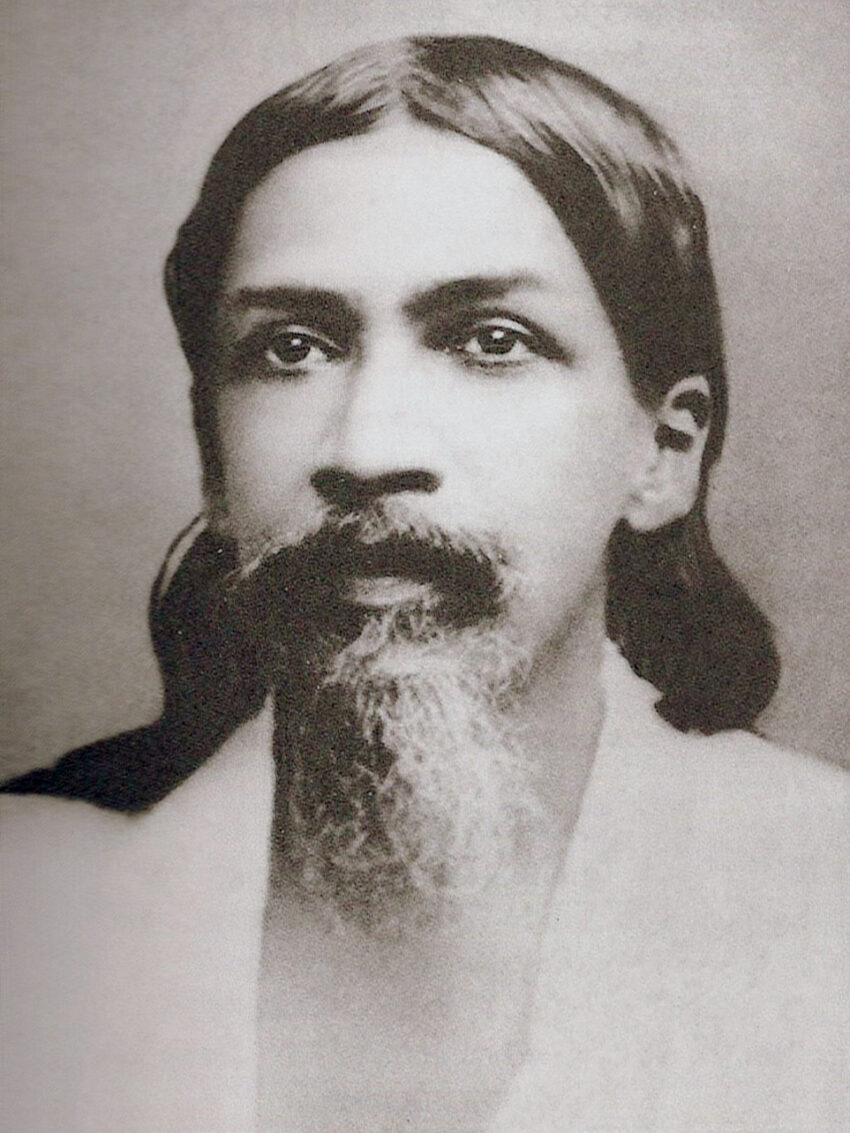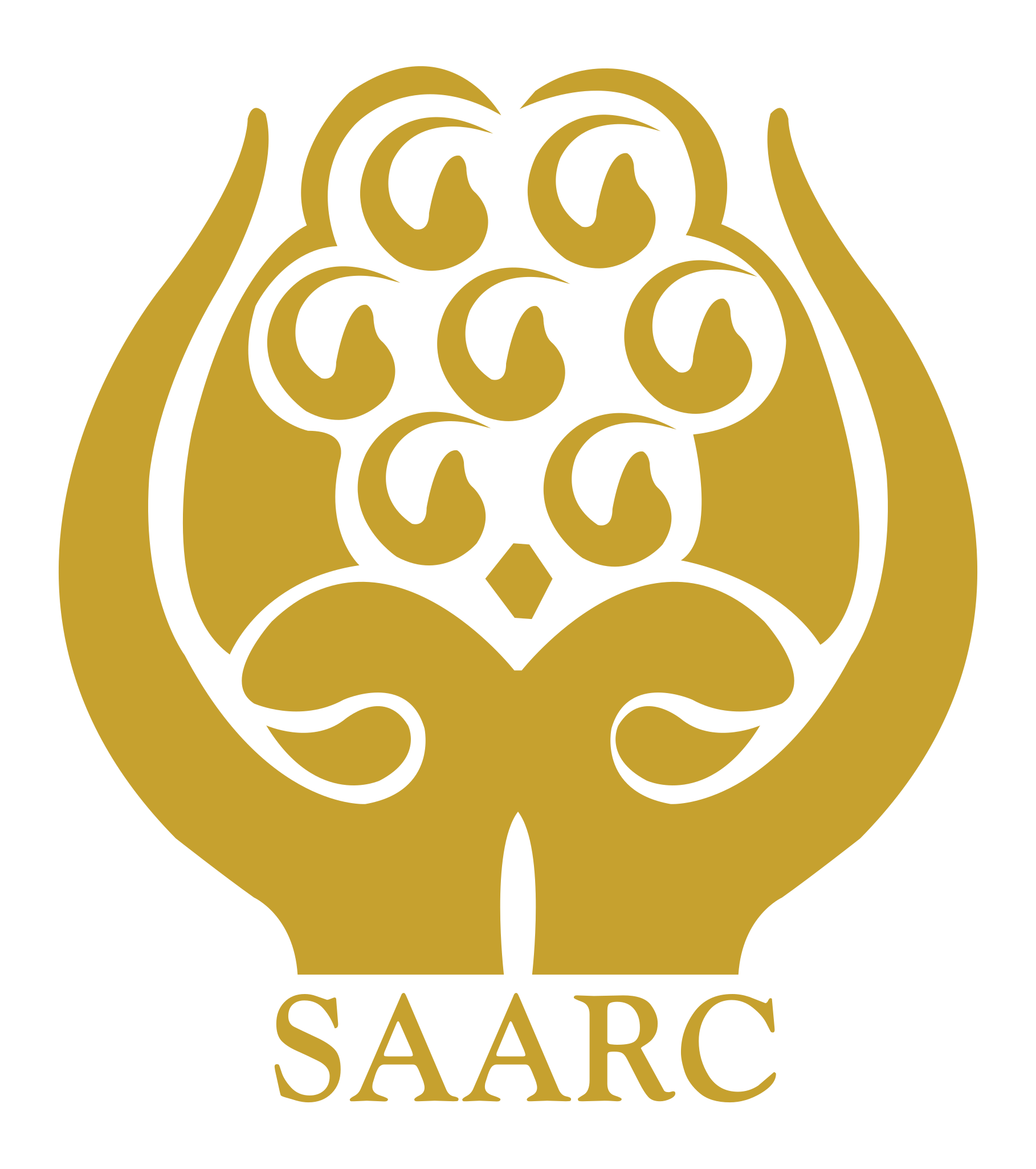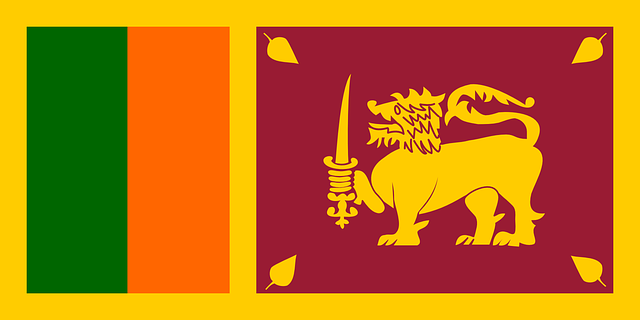Sri Aurobindo Quiz Questions
1. What was Sri Aurobindo’s birth name?
(a) Mirra Alfassa
(b) Rajneesh
(c) Aurobindo Ghose
(d) Sri Chinmoy
2. In which country was Sri Aurobindo born?
(a) Pakistan
(b) Sri Lanka
(c) India
(d) Nepal
3. Sri Aurobindo was a prominent figure in which of these fields?
(a) Science
(b) Politics
(c) Engineering
(d) Accounting
4. What is the name of the spiritual and philosophical path Sri Aurobindo founded?
(a) Karma Yoga
(b) Jnana Yoga
(c) Bhakti Yoga
(d) Integral Yoga
5. What is the ultimate goal of Integral Yoga according to Sri Aurobindo?
(a) Liberation from the cycle of rebirth
(b) Achieving complete oneness with God
(c) Transforming human consciousness
(d) Mastering the physical body
6. What is the concept of “Supermind” in Sri Aurobindo’s philosophy?
(a) The state of deep meditation
(b) The highest level of consciousness
(c) The principle of karma
(d) The law of attraction
7. Sri Aurobindo established an ashram in which city?
(a) Mumbai
(b) Delhi
(c) Kolkata
(d) Pondicherry
8. Sri Aurobindo was also a prolific writer. In what language did he write many of his works?
(a) Hindi
(b) Bengali
(c) Sanskrit
(d) English
9. What is the title of Sri Aurobindo’s major philosophical work?
(a) The Gita
(b) The Life Divine
(c) The Yoga Sutras
(d) Bhagavad Gita
10. Sri Aurobindo advocated for India’s independence from which colonial power?
(a) France
(b) Portugal
(c) Britain
(d) The Netherlands
11. What was the name of the newspaper Sri Aurobindo founded to promote Indian nationalism?
(a) The Hindu
(b) The Indian Express
(c) Bande Mataram
(d) The Times of India
12. Sri Aurobindo believed that India had a unique spiritual contribution to make to the world. What did he call this contribution?
(a) Dharma
(b) Karma
(c) Moksha
(d) Maya
13. Sri Aurobindo’s philosophy emphasized the importance of both spiritual development and
(a) Material wealth
(b) Social activism
(c) Strict asceticism
(d) Political isolation
14. Sri Aurobindo’s ashram, Auroville, is known for its focus on
(a) Caste hierarchy
(b) Human unity
(c) Religious conversion
(d) Political activism
15. Sri Aurobindo passed away in which year?
(a) 1900
(b) 1920
(c) 1950
(d) 1960
16. Sri Aurobindo’s philosophy emphasized the importance of what?
(a) Strict adherence to tradition
(b) Holistic development of the individual
(c) Unquestioning obedience to authority
(d) Rejection of all material things
17. Sri Aurobindo’s ideas influenced what other Indian revolutionary leader?
(a) Bhagat Singh
(b) Subhash Chandra Bose
(c) Jawaharlal Nehru
(d) Lal Bahadur Shastri
18. Sri Aurobindo’s teachings aimed to bridge the gap between what two realms?
(a) Science and religion
(b) Rich and poor
(c) East and West
(d) Past and future
19. Sri Aurobindo believed in the potential for human _____
(a) Destruction
(b) Evolution
(c) Stagnation
(d) Regression
20.Sri Aurobindo’s concept of Karma refers to:
(a) Divine grace
(b) The law of cause and effect
(c) Reincarnation
(d) Ultimate liberation
21. Sri Aurobindo’s philosophy emphasizes the importance of:
(a) Self-denial
(b) Inner transformation
(c) Blind faith
(d) External rituals
Sri Aurobindo Quiz Questions with Answers
1. What was Sri Aurobindo’s birth name?
(c) Aurobindo Ghose
2. In which country was Sri Aurobindo born?
(c) India
3. Sri Aurobindo was a prominent figure in which of these fields?
(b) Politics
4. What is the name of the spiritual and philosophical path Sri Aurobindo founded?
(d) Integral Yoga
5. What is the ultimate goal of Integral Yoga according to Sri Aurobindo?
(c) Transforming human consciousness
6. What is the concept of “Supermind” in Sri Aurobindo’s philosophy?
(b) The highest level of consciousness
7. Sri Aurobindo established an ashram in which city?
(d) Pondicherry
8. Sri Aurobindo was also a prolific writer. In what language did he write many of his works?
(d) English
9. What is the title of Sri Aurobindo’s major philosophical work?
(b) The Life Divine
10. Sri Aurobindo advocated for India’s independence from which colonial power?
(c) Britain
11. What was the name of the newspaper Sri Aurobindo founded to promote Indian nationalism?
(c) Bande Mataram
12. Sri Aurobindo believed that India had a unique spiritual contribution to make to the world. What did he call this contribution?
(b) Karma
13. Sri Aurobindo’s philosophy emphasized the importance of both spiritual development and
(b) Social activism
14. Sri Aurobindo’s ashram, Auroville, is known for its focus on
(b) Human unity
15. Sri Aurobindo passed away in which year?
(c) 1950
16. Sri Aurobindo’s philosophy emphasized the importance of what?
(b) Holistic development of the individual
17. Sri Aurobindo’s ideas influenced what other Indian revolutionary leader?
(b) Subhash Chandra Bose
18. Sri Aurobindo’s teachings aimed to bridge the gap between what two realms?
(a) Science and religion
19. Sri Aurobindo believed in the potential for human _____
(b) Evolution
20.Sri Aurobindo’s concept of Karma refers to:
(b) The law of cause and effect
21. Sri Aurobindo’s philosophy emphasizes the importance of:
(b) Inner transformation










